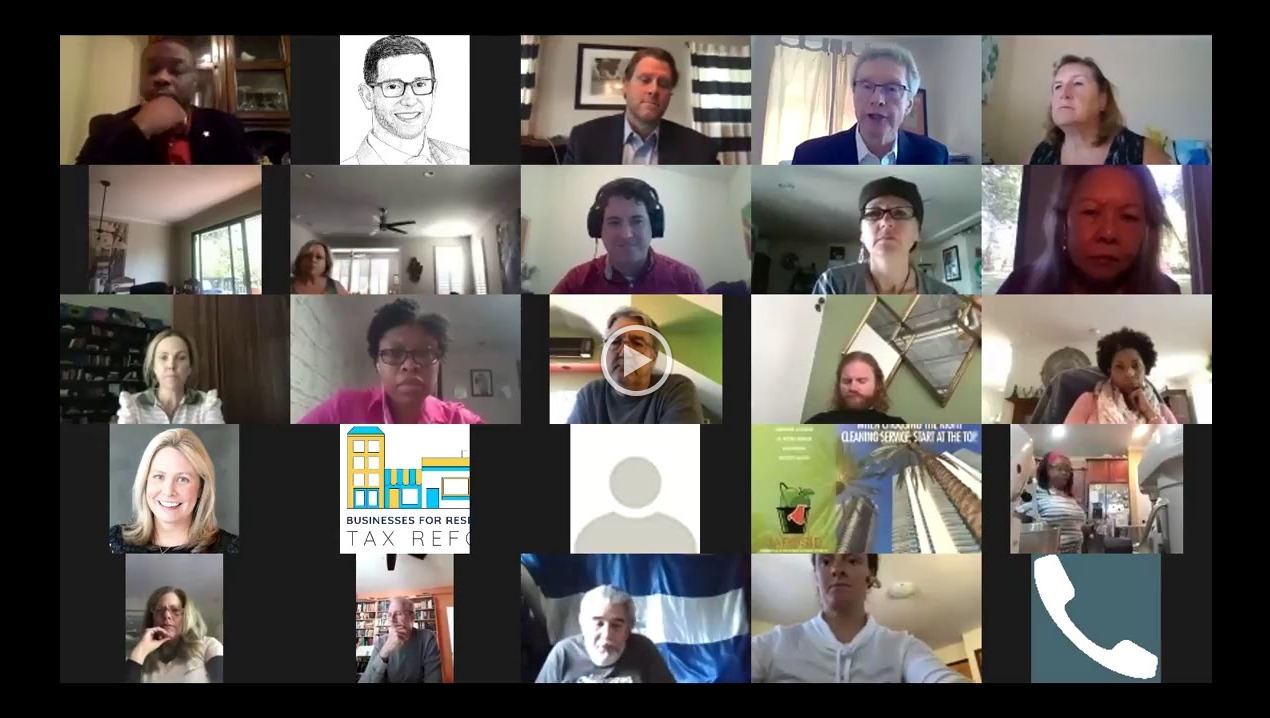In the wake of the coronavirus pandemic, social distancing orders and economic shutdowns have forced firms and employees to focus on “the new normal”. While this transition has been difficult, it has inspired an evolution of the traditional workplace setting. Firms are realizing that employees are just as – if not more – productive in remote settings and workers are enjoying the increased flexibility while saving money on transportation costs.
Recently, the Adecco Group conducted a global study in order to understand the shift in working attitudes that has been prompted by the pandemic. In a survey of 8,000 office-based employees, managers and C-suite executives from around the world, respondents reviewed attitudes and behaviors before and during the pandemic, revealing the following five post-pandemic trends that will impact the workplace.
1. Hybrid working is here to stay
As many of us are growing more accustomed to working remotely and the flexibility it provides, employees will continue to seek flexible working conditions, both in work schedules and location. In fact, 82% of U.S.-based respondents agree that employees will benefit from increased flexibility. Between eliminating commute times and allotting more time for family and household priorities, hybrid working is providing the work-life balance that employees craved long before the pandemic, and that is ultimately allowing them to put their most energized, inspired foot forward at work. Globally, this will also influence many firms to reimagine their office layouts, sizes, and locations as 49% of employees are looking to spend half of their workweek remotely.
2. The traditional 9-5 workday is long gone
This shift to remote work has led firms to think less rigidly about their normal operating hours. While working from home, many employees have adjusted their working schedule according to their peak hours of productivity or to tend to personal or family obligations. But despite their unconventional schedule they are still getting results, leading many employees to believe this flexibility should become normalized in the long term. In fact, the majority (67%) of respondents believe employers should revisit the length of the working week and the number of hours that employees are expected to work. This, in part, can be credited to the increase of work/life balance brought on by the pandemic, which has employees focusing more on output rather than hours.
3. Leaders must learn how to prioritize the mental well-being of staff
The transition to a hybrid working model doesn’t come without its own set of challenges. Between exposed technology gaps and adopting different methods of communication, a majority of leaders feel unequipped to handle conversations around mental well-being. Fifty-four percent say it’s difficult to provide effective advice to staff on their mental well-being during the pandemic and, similarly, 50% say it’s difficult to remain aware of how their staff is feeling. This gap is also clearly reflected in worker attitudes, as 28% of employees say their mental health has gotten worse during the pandemic. In addition, only two in five employees say their managers have met or exceeded expectations on checking their mental well-being. In order to create more awareness around mental well-being in the workplace, respondents cite trust (79%) and empathy (74%) as top skills required for managers – two important key elements to reinventing leadership.
4. Digital upskilling remains a top priority
While digital and remote working skills have improved for six in ten workers, more than two-thirds say additional training on remote working and soft skills, such as teamwork and problem solving, will be important in the post-pandemic workplace. In fact, digital and remote working skills are seen as the top priorities across all countries, emphasizing the need for firms to provide additional training support. Likewise, the majority of C-suite level executives (75%) and managers (69%) believe that training on managing staff in remote work settings will be critical post-pandemic.
5. Trust is the foundation to success
The pandemic has revealed both the good and bad in our society. Seeing companies band together to support employees and frontline workers have earned employers more trust from employees than any other institution. The survey found that the majority (61%) of respondents trust their employer to support them in future crises. That trust, however, is expected to be reciprocated. Seventy-eight percent of employees say that feeling trusted to get the job done is important to their working life after the pandemic. In fact, the majority of global markets (88% in the U.S.) cite placing trust in staff as the most important managerial trait.
As we continue to reconstruct traditional workplace norms and envision the future of work, it’s critical for firms to remain agile and open to employees’ dynamic attitudes about the upcoming new era of work. To learn more, download the full research report.
========
Jeramy Kaiman is Head of Professional Recruitment, West, The Adecco Group.
Thanks for reading CPA Practice Advisor!
Subscribe Already registered? Log In
Need more information? Read the FAQs




